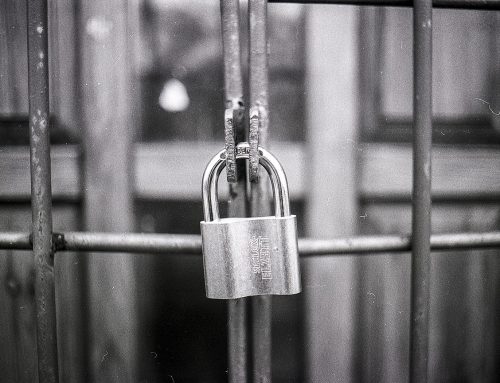The concept of minimum service and the right to go on strike by health workers
Article 41(2) (d) of the Constitution provides that every worker has the right to go on strike. This right however is not an absolute right and can be limited by law in line with the principles enshrined in Article 24 of the Constitution. Such limitation must be reasonable and justifiable in an open and democratic society based on human dignity, equality and freedom.
At the heart of the science and practice of medicine are the principles of Medical Ethics which includes the principle of beneficence which is the obligation of a physician to act for the benefit of the patient and supports a number of moral rules to protect and defend the right of others. Undoubtedly physicians promote the rights of patients to life and quality healthcare.
A question as to the validity of a strike by health workers calls on the court to balance the right to strike, the right to life and the right to quality healthcare. The High Court was faced with this balancing act in the case of Joseph Otieno Oruoch v Kenya Medical Practitioners Pharmacists & Dentists Union & another [2021] eKLR.
The factual basis of the petition was that the frequent strikes by health professionals in Kenya was to blame for the loss of lives (an irreversible act), mental, emotional, and physical suffering by patients in Kenya. The Petitioner, Mr. Joseph Otieno argued that the right to life as guaranteed in the Constitution is superior to the right to go on strike. He urged the court to issue a declaration that health workers being essential service providers should be prohibited from participating in a strike pursuant to section 81(1) of the Labour Relations Act 2007. The respondents opposed the petition vehemently arguing that it sought to challenge the validity of the right to go on strike.
The court in its analysis of the matter took into account the International Labour Organization’s (ILO) provisions on strike which permits prohibition of strikes for civil servants in the essential service. The concept of essential service must however be interpreted in the strict sense to mean services whose interruption would endanger the life, personal safety or health of the whole or part of the population. The court also examined the European Social Charter which permits the restriction of the right to go on strike only in cases of protection of public interest, the rights and freedoms of others, national security, public morality and health.
In its judgment, the court borrowed from the decision of other courts in South Africa and Canada and held that;
a) An outright prohibition of the right to go on strike for health workers would derogate from the right of health workers to strike.
b) The right to go on strike for health workers is qualified and is therefore contingent upon the retention of ‘minimum service’ at the affected facilities to ensure that there is no danger to life or health of members of the public.
What must medical facilities do before going on strike?
a) The facility must ensure that some medical personnel are at work during the strike.
b) The non-striking medical personnel must be working at acceptable levels during the course of the strike, to ensure that life, personal safety or health of the whole or part of the population is not endangered.
As a pre-condition in any other strike, the health workers through their unions or by self must of necessity provide a seven (7) days written notice to the employer and the Cabinet Secretary for labor.






Informative and straight to the point!